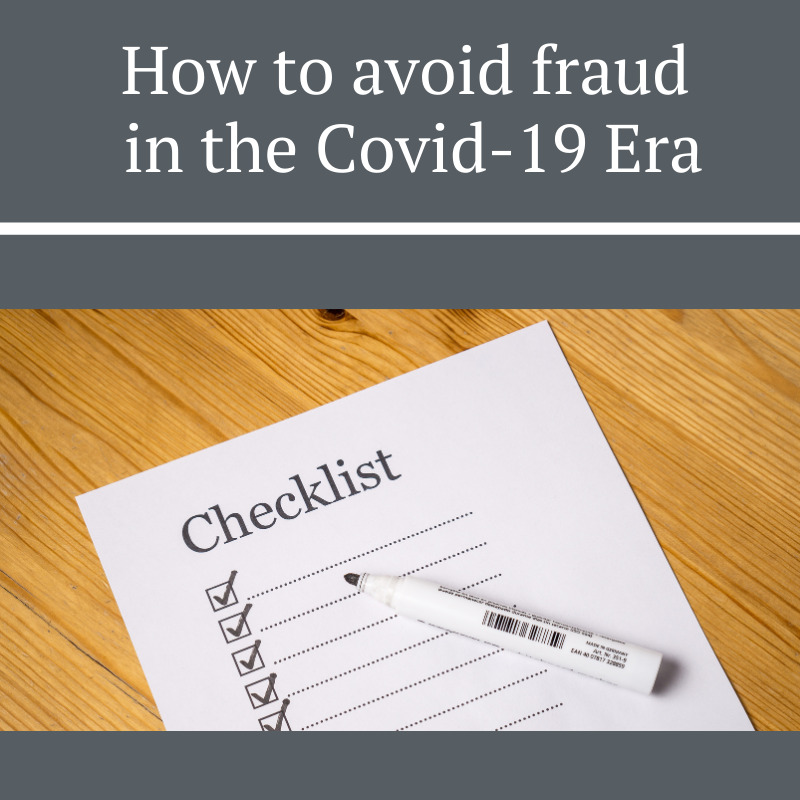By Brandi B. Graham, CFP®, CTFA
Fraudulent Unemployment Claims
Criminals are taking advantage of the pandemic and have found new ways to steal from you. Beware of fraudulent unemployment claims. With the added incentive of $600 per week last summer and now $300 per week for the Federal Pandemic Unemployment Compensation assistance, fraudulent unemployment claims have become a lucrative business for criminals. We have had several people tell us that they were the victim of fraudulent claims. According to the Federal Trade Commission, this has been an ongoing issue since last summer. Most people only find out when they receive a notification in the mail from their state Department of Labor or when their employer receives a notice of the claim. If you were one of the victims of the credit reporting company breach a few years ago, you might be a potential victim. We do not know how the fraudsters obtained the personal information to process the unemployment claims but you may want to verify that your credit reports are secure or better yet, have them frozen.
If you are a victim of unemployment fraud, contact your state labor agency’s fraud division. You should also file a police report for identity theft and report the fraud to the Federal Trade Commission at https://identitytheft.gov/
Texts, emails, phone calls regarding your stimulus checks?
Government passage of various forms of stimulus payments have also opened up new methods for criminals to steal your identity and money. Be cautious of calls, texts, or email messages from anyone posing to be from government agencies. The IRS will not call you to request taxpayer information to process a stimulus payment; they will first communicate via letter. Some scam artists will try to persuade you to pay them to speed up delivery of your stimulus payment.
Vaccine card and identity theft
Take a picture of your vaccine card but do not share it. It may be beneficial to have a copy of your vaccine card in the event the original is misplaced or destroyed. Never share the information on your vaccine card on social media or with anyone other than your healthcare provider.
Fictitious tests, products and insurance fraud
Never share your personal information or health information with anyone other than trusted professionals. The FBI has warned the public to be alert for fraudulent claims of antibody testing which may include telephone calls indicating you are required to take a test and provide registration information. Scammers may offer to send you an in-home test kit and when you return the kit, you are required to provide personal information including Medicare insurance information. Scammers use the insurance information to bill insurance programs and pocket the money. Some schemes attempt to sell you a fake test kit. Check with your primary care provider before taking any in home tests. Carefully review medical insurance claim forms and billing statements.
With all the creativity and determination by criminals to steal from you, it pays to be cautious and check with your financial advisor before you become a victim.


